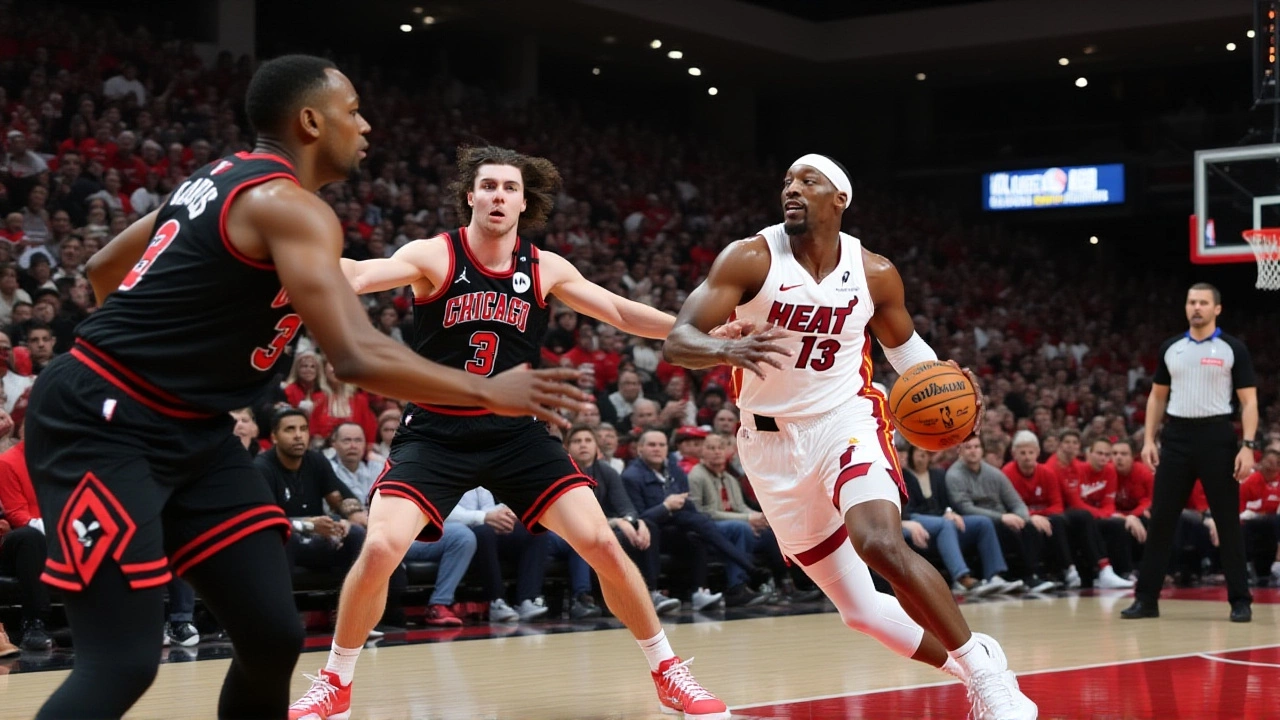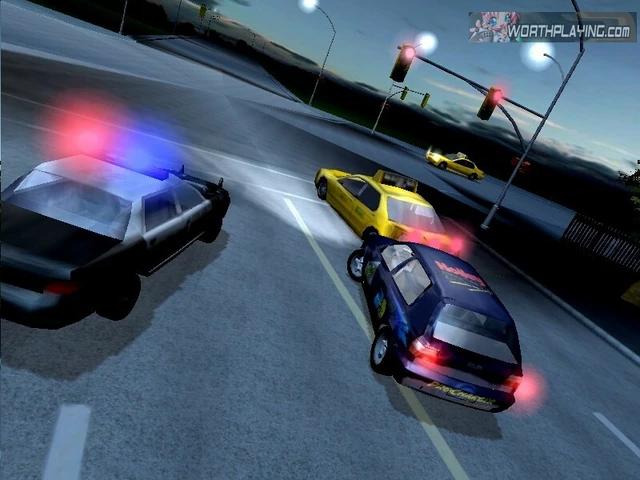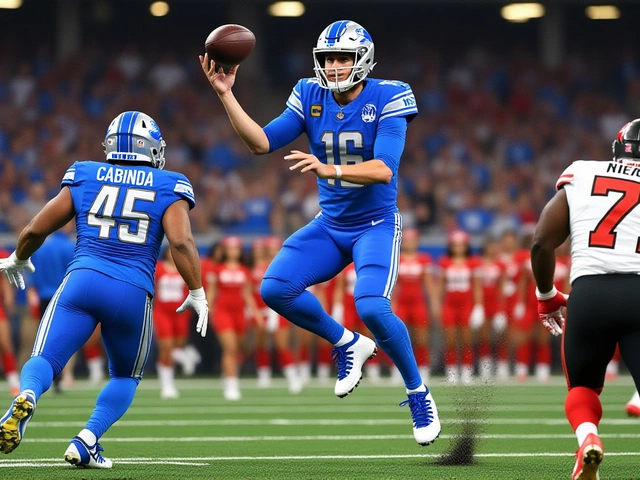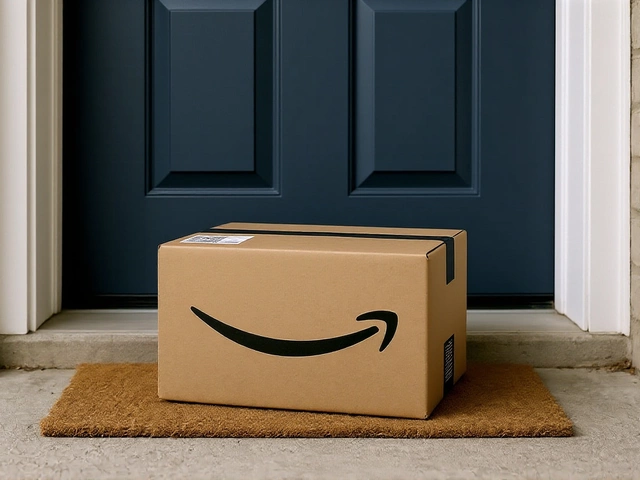The Miami Heat didn’t just beat the Chicago Bulls on Friday night—they erased their postseason hopes in one brutal, beautiful avalanche. On November 21, 2025, at 8:00 p.m. EST in an unnamed arena in Chicago, the Heat dropped 143 points on the Bulls in a 36-point rout, marking the fourth time this season they’ve cracked 140—a new franchise record. The win pushed Miami to 2-1 in the Emirates NBA CupNBA group stage, while Chicago’s 1-2 record all but sealed their fate: for the first time in franchise history, they’re out of the running for the NBA’s in-season tournament.
Offense on Fire, Defense on Lockdown
The Heat didn’t just shoot well—they turned turnovers into fireworks. With 13 steals, they generated 22 points directly off Chicago’s mistakes. The Bulls managed just six. That gap wasn’t luck; it was execution. Miami’s guards, led by Davion Mitchell (16 points, 6 assists), pounced on every errant pass, every hesitation. Power forward Keshad Johnson, in just his 21st NBA game, delivered the performance of his young career: 14 points, 12 rebounds, and a relentless presence in the paint. Even without Tyler Herro, Nikola Jovic, and Andrew Wiggins, the Heat played with a swagger that felt like a statement.Meanwhile, the Bulls’ lone bright spot was Josh Giddey, who nearly notched a triple-double with 19 points, 11 rebounds, and nine assists. But even his brilliance couldn’t mask the systemic breakdowns. Chicago shot 41.1% from the field and a dismal 26.9% from three. Miami? 47% overall, 36.8% from deep. The Heat didn’t just outscore them—they outworked them, out-hustled them, and out-coached them.
Why This Loss Hurts More Than the Score Suggests
This wasn’t just a loss. It was a death knell. The Bulls entered the game with slim, but real, hopes of advancing as a wild card. The Milwaukee Bucks sat atop their group at 2-0, and Chicago needed to outpace them in point differential to sneak in. But with a minus-36 margin in this game, those hopes evaporated. Even if the Bulls won their final group game against the Charlotte Hornets—a team described as “a four-win Hornets side”—it wouldn’t matter. The Bucks hold the head-to-head tiebreaker. And the point differential gap is now too wide to overcome.As the CHGO Bulls crew noted postgame: “You look at those 22 points off turnovers… that’s not just defense. That’s discipline. That’s aggression. And we had none of it.” The Heat didn’t just win—they made Chicago look like a team playing for pride, not playoff positioning. Coach Erik Spoelstra kept his starters in deep into the fourth quarter, even with a 30-point lead. It wasn’t arrogance. It was strategy. The NBA Cup rewards point differential. Miami didn’t just want to win—they wanted to dominate.
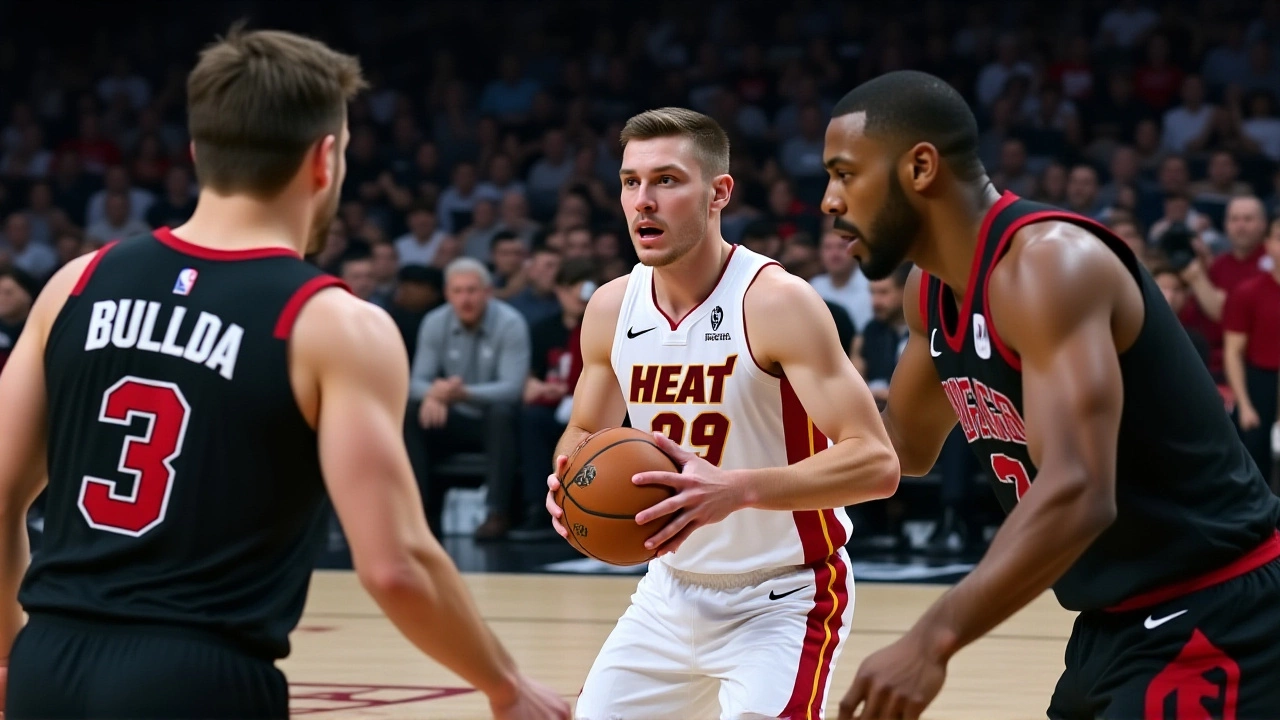
The Tournament’s Bigger Picture
The Emirates NBA CupNBA is now in its third year, and the stakes are higher than ever. All 30 teams play four group-stage games that count toward both the Cup and the regular season. The top team from each of the six groups advances, plus one wild card per conference based on best record among runners-up. The knockout rounds begin December 9, with semifinals on December 13 and the championship on December 16 at T-Mobile Arena in Paradise, Nevada.For the Bulls, this loss means they’ll now focus entirely on the regular season. Their playoff hopes aren’t dead—yet—but they’re fading. At 8-6, they’re just one game behind the fifth-seeded team in the East. But without the Cup’s momentum, the emotional lift, the sense of urgency—it’s going to be harder.
And for Miami? This win isn’t just about the Cup. It’s a signal. The Heat, once seen as a team in transition, are now playing with confidence, depth, and cohesion. They’re becoming the kind of team that can win in multiple ways—whether it’s through defense, transition, or pure offensive firepower.
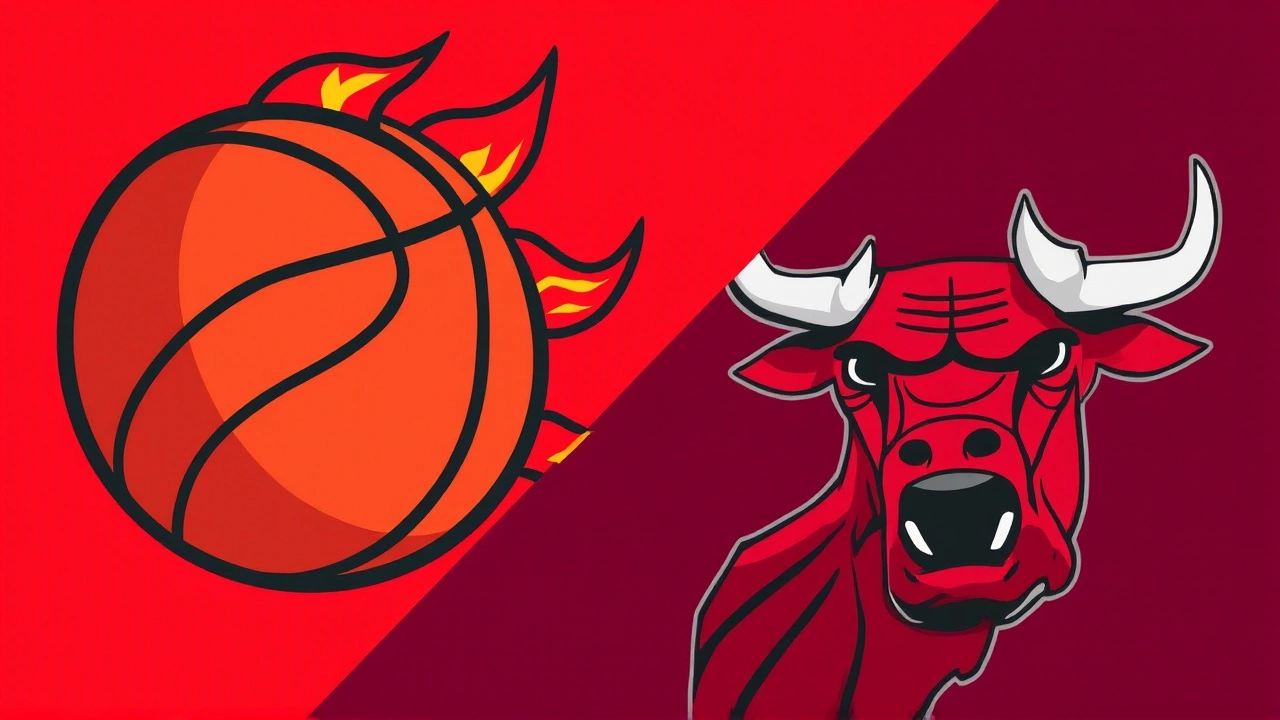
What’s Next?
Chicago’s final group game comes against the Hornets on November 28. They’ll likely rest key players to avoid injury and give bench guys minutes. But even if they win, the result won’t change anything. Their Cup fate was sealed in the fourth quarter of this game.The Heat, meanwhile, will head into their final group game with a chance to finish first in their group. A win would give them home-court advantage in the knockout round—something they haven’t had in the Cup since its inception. And with players like Johnson and Mitchell stepping up, and Spoelstra’s system clicking, they’re looking like serious contenders.
The Milwaukee Bucks remain the team to beat. They’re undefeated in group play and boast the league’s best defense. But Miami’s offensive explosion against Chicago proves they’re not just a defensive team anymore. They’ve become a complete force.
Frequently Asked Questions
How did the Heat manage to score so many points without Herro and Wiggins?
The Heat’s depth carried them. Players like Keshad Johnson, Davion Mitchell, and Jaime Jaquez Jr. stepped up with high-efficiency performances. Their ball movement created open looks, and 13 steals led directly to 22 fast-break points. Even without their top scorers, Miami’s system—built on transition offense and defensive pressure—produced one of the most explosive offensive nights in franchise history.
Why does point differential matter in the NBA Cup?
In the group stage, if teams are tied in wins, point differential breaks the tie. The Bulls needed to outscore Milwaukee by a large margin to claim the wild card spot. A 36-point loss to Miami crushed their chances. Even if they won their final game, their cumulative differential was too far behind. Teams like Miami and Milwaukee are intentionally running up scores to secure seeding advantages.
Has any team ever been eliminated from the NBA Cup this early?
Yes. In the 2023-24 season, the Sacramento Kings were eliminated after two losses, but Chicago’s case is unique: they’re the first team in franchise history to be mathematically eliminated from the Cup before playing all four group games. It’s a sign of how far the Bulls have fallen from their playoff-contending status of just two seasons ago.
What’s the significance of Keshad Johnson’s performance?
Johnson, a 22-year-old forward in his second season, posted his first double-double and was described as having his "most impactful game as a professional." His 12 rebounds and defensive presence helped neutralize Chicago’s interior threats. For a team missing key rotation players, his emergence could be a turning point—potentially securing him a larger role in the rotation for the rest of the season.
When and where is the NBA Cup final?
The championship game will be played on December 16, 2025, at T-Mobile Arena in Paradise, Nevada. The semifinals are on December 13, and the quarterfinals on December 9-10. All knockout games except the final count toward regular-season records, making every matchup critical.
Could the Bulls still make the playoffs despite this loss?
Absolutely. The NBA Cup elimination doesn’t affect their regular-season playoff chances. At 8-6, they’re still in the 7th seed spot in the East. With 70+ games left, they can still climb into the top six. But without the Cup’s momentum, the pressure is now entirely on winning close games and improving their defense—two areas where they’ve struggled this season.
